Developing my understanding of Social Contract theory was a milestone in my recovery. A Social Contract is where people live together in society in accordance with an agreement that establishes moral & political rules of behaviour. E.g. Law in Social security, housing, crime, tax etc.

What I realised from my own experiences was that the Social Contract does not have equity for Autistic and Mad people.There are systemic barriers such as discrimination (stigma), a mental health system geared for crisis, a welfare system designed with proof of being deserving etc.

This creates injustices between the vacuum of these discrete systems or pillars of power – depending on how you interpret it. For example, the mental health system demands treatment by medication yet the medication has a disabling affect to function. Taking medication helps support eligibility for disability benefits (social security). However, one can find they are trapped by two arms of power. The medication and the stigmatised condition mean it’s difficult to find and keep employment. As well as the free choice to be part time.

As an Autistic I think of the thought experiment of Schrödingers Cat in Quantum Mechanics. It’s a paradox of a hypothetical cat being considered simultaneously alive and dead, while it is unobserved in a box, a result of its fate being linked to an event that may or may not occur.
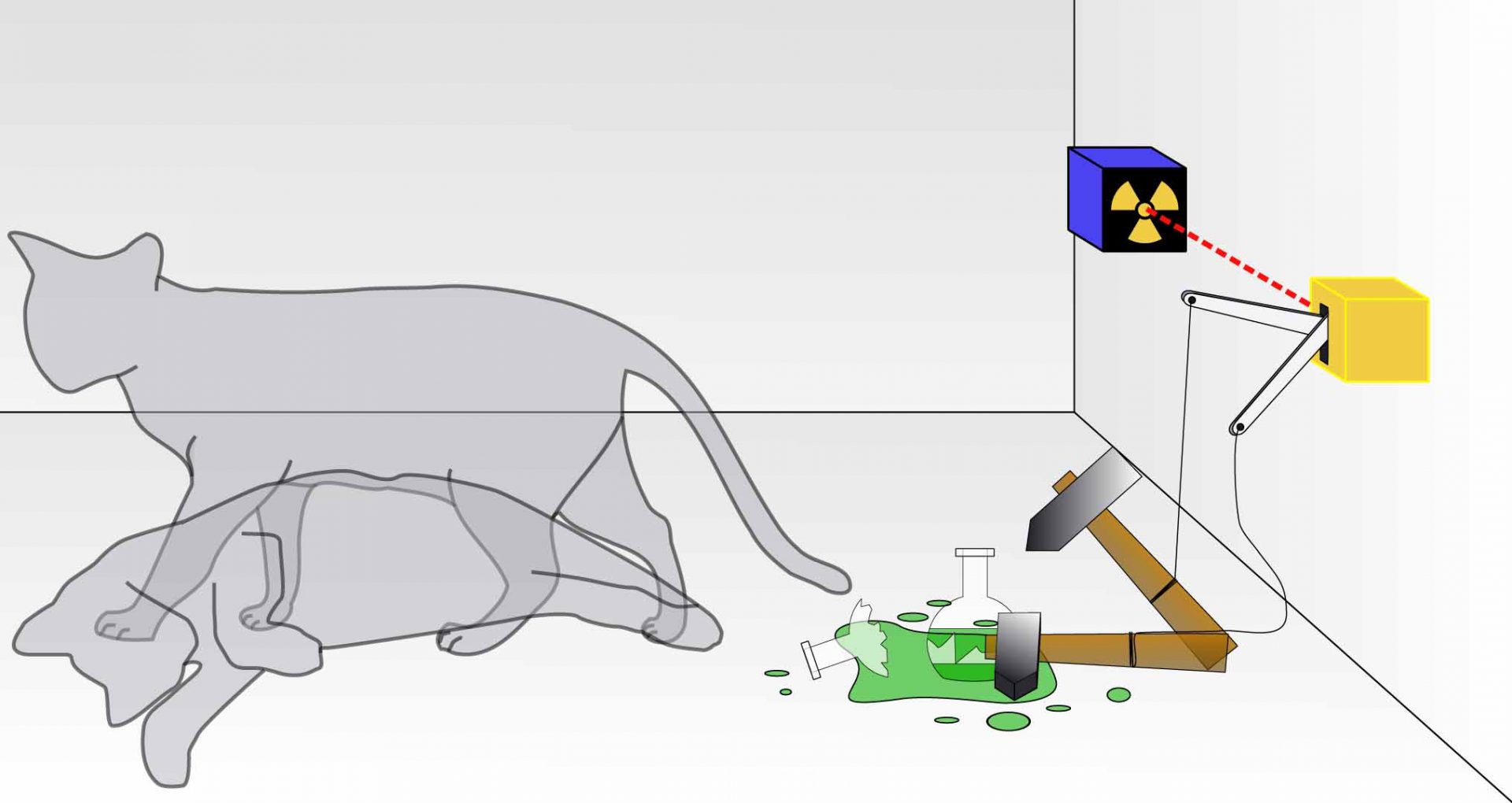
To some people I’m dead, to others I’m alive and dead and of course some perceive me as a full living human being with flaws like anyone else. Being recognised as disabled enough means I don’t have to work, being recognised as partially disabled creates problems for society.
For the partially disabled the same questions arise as in the Poor Law of 1834. The deserving poor were those understood to be hard working people, who through no fault of their own found themselves in hardship. These people were deemed to deserve state help.
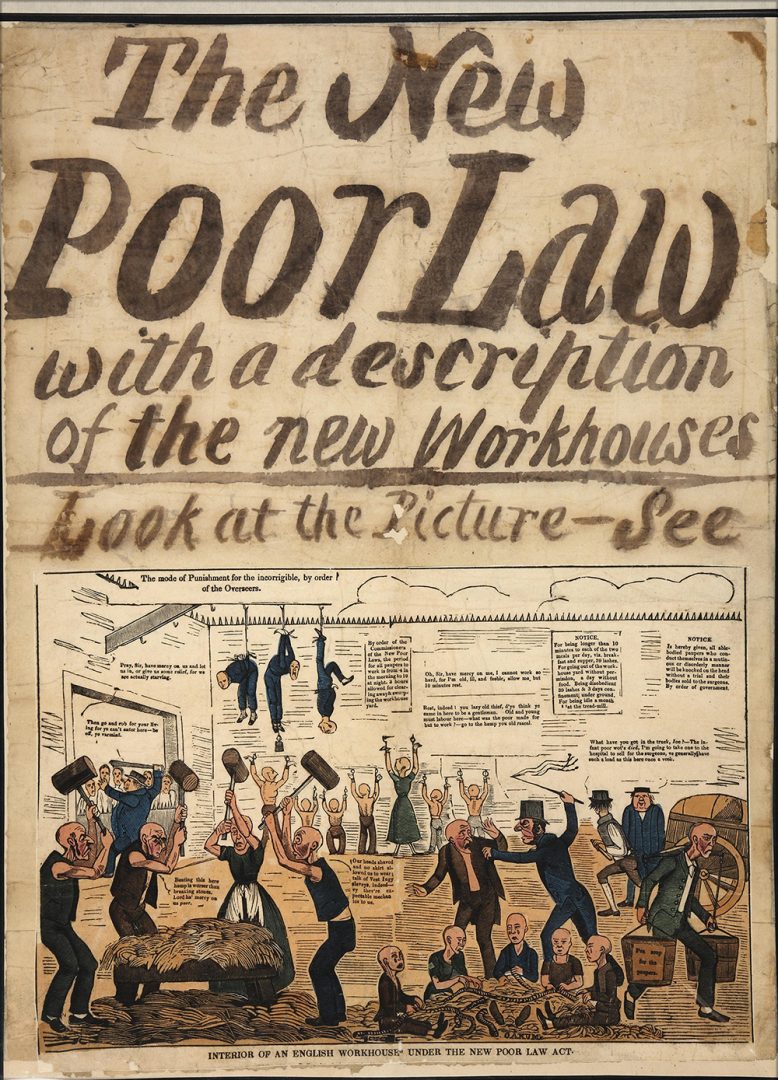
The undeserving poor were people who are poor because of their own actions and should not get sympathy from other people. The undeserving poor were given enough relief to survive, but that also kept them poorer than the poorest worker – The principle of “less eligibility”.

In 2023, I would argue that those that claim Universal Credit and PIP together are the deserving poor today. I am fortunate (in this moment) to be one of them. Many Autistic and Mad people have to prove their deserving via admission to psychiatric hospitals, filling in forms and interviews by professionals.

Under this oppression Autistic and Mad people like myself can often adopt a siege mentality. A Siege mentality is a shared feeling of victimisation and defensiveness—a term derived from the actual experience of military defences of real sieges.
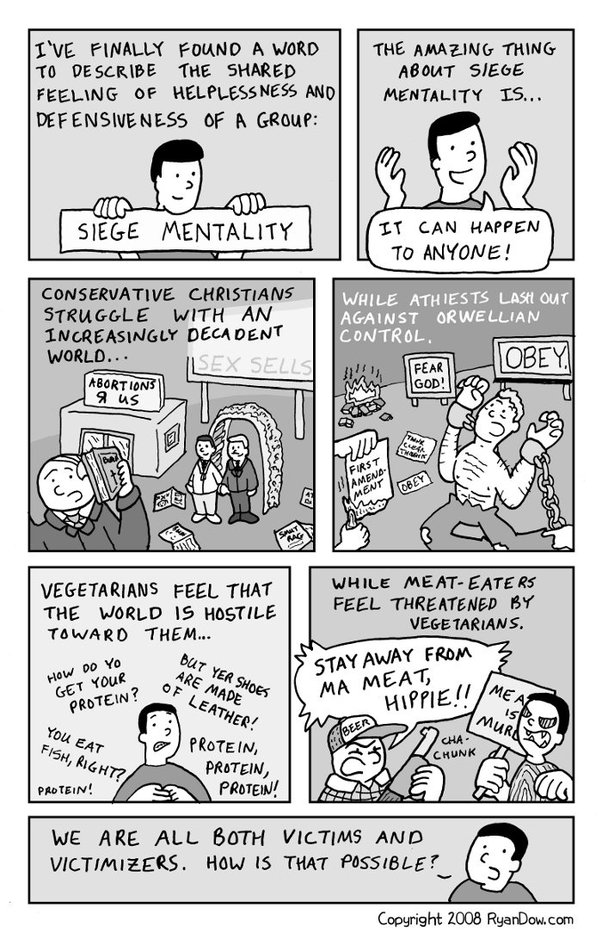
We can often be misrepresented as lazy, as addicts, criminals or even violent. Sometimes that is true for some people but most people it isn’t. What I learnt from even the holocaust is that people will do anything in the name of survival.
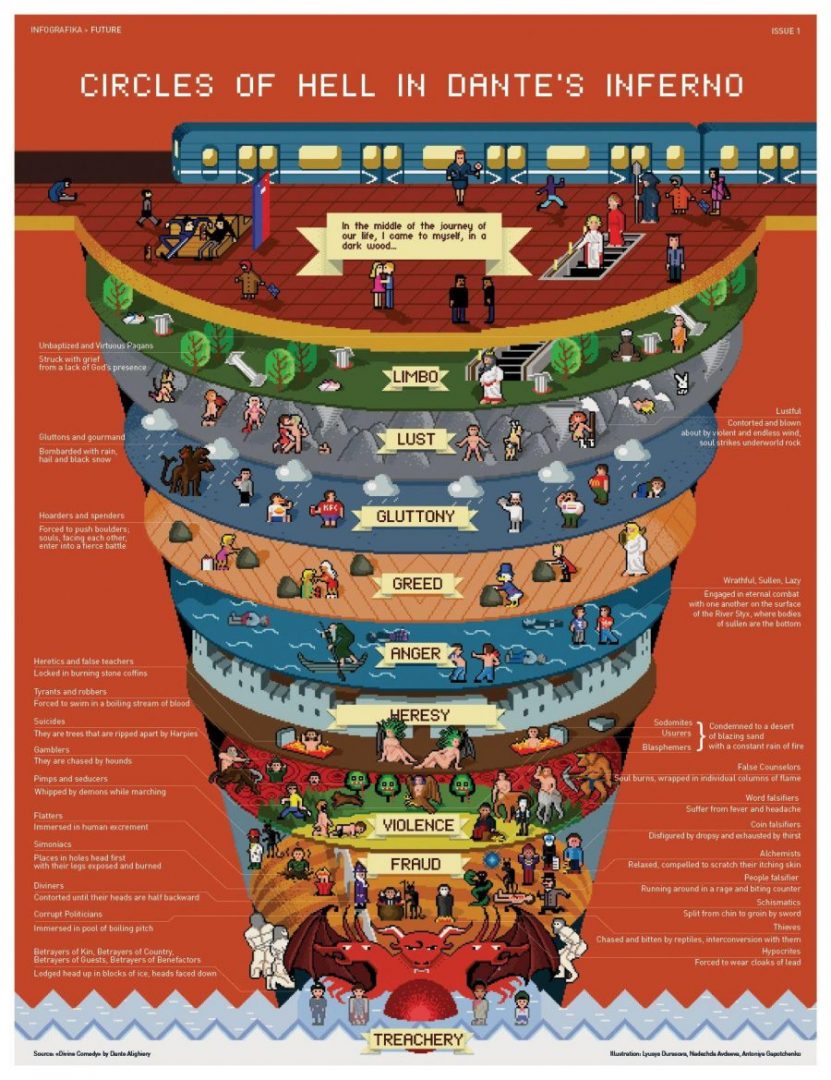
I think there is a common attitude that we must all economically contribute to society. Yet not much thought beyond it. The top 1% have 70% of the nation’s wealth on some measures. Much of the necessities are increasingly controlled, automated and mechanised by fewer hands.
After being homeless in a psych hospital for 4 months and 2 months in a hotel last year it’s taken me time to get settled in my new home. I have found readIng and writing meaningful meditations helpful. By 38 I have analysed my own challenges and the constraints I am under.
I’m grateful for the home I have and the disability benefits (social security) I receive. There is a fear I am trapped in a Labyrinth (maze) with The Global Minotaur of Neoliberal Capitalism (This Greek Myth is worth a read too). I can’t really succeed without luck, opportunity, adjustments and accommodations.
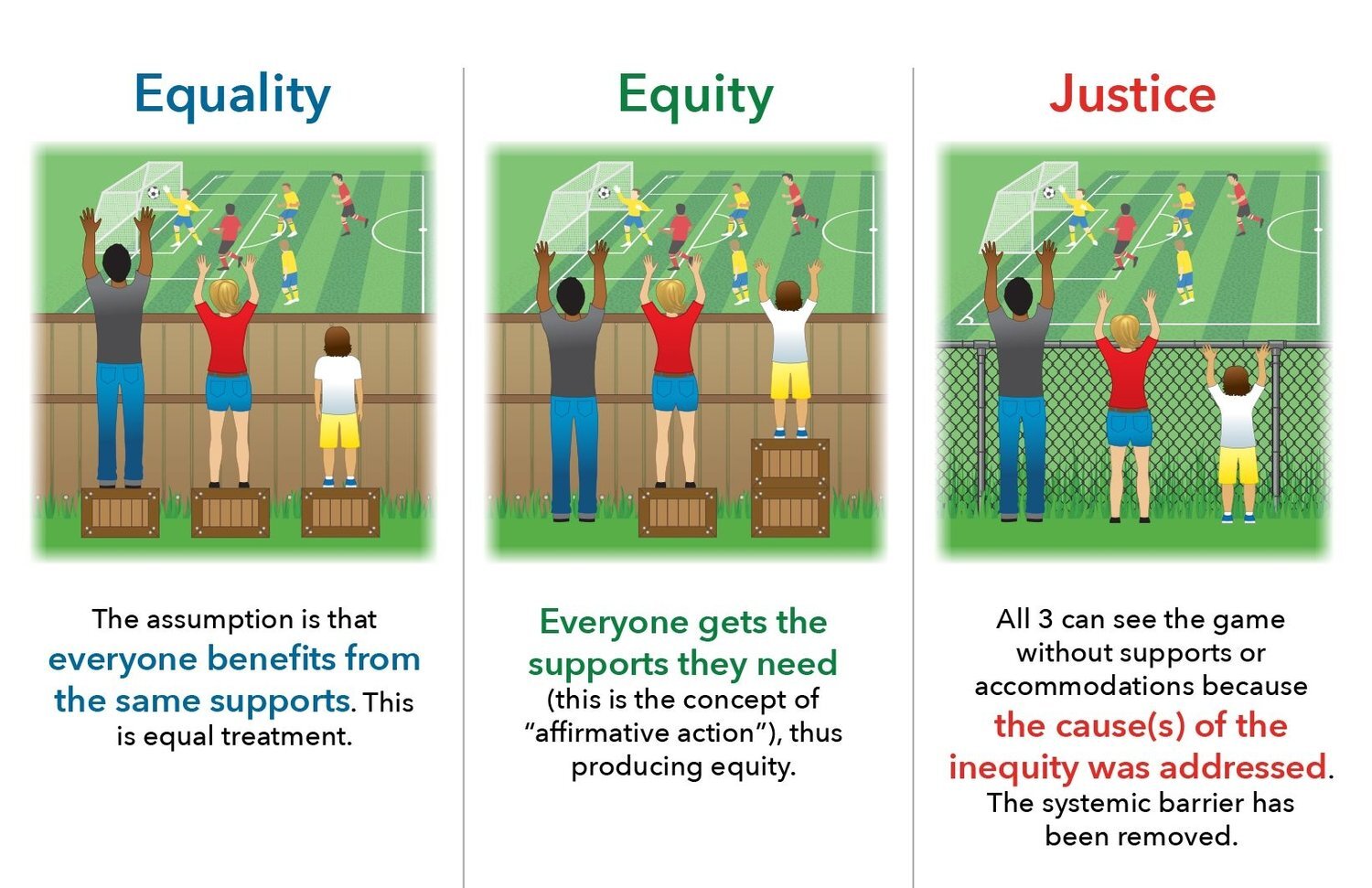
I just want a home, peace, physical and spiritual nourishment. If that is too much to ask then my answer now is to carry my cross. People demanded Christ’s blood and they got it on the cross.
If Christ came back today in the UK he might of experienced the merry-go round of deprivation, psychiatric hospitals and medication and stigma. A tragedy that many people are unfortunate to go through today.
In time I may seek suitable volunteering. Though practically until the state addresses the challenges of Autistic and Mad people there is little hope on my part. The government and society have to start by listening to people like me rather than speaking and acting for us.
